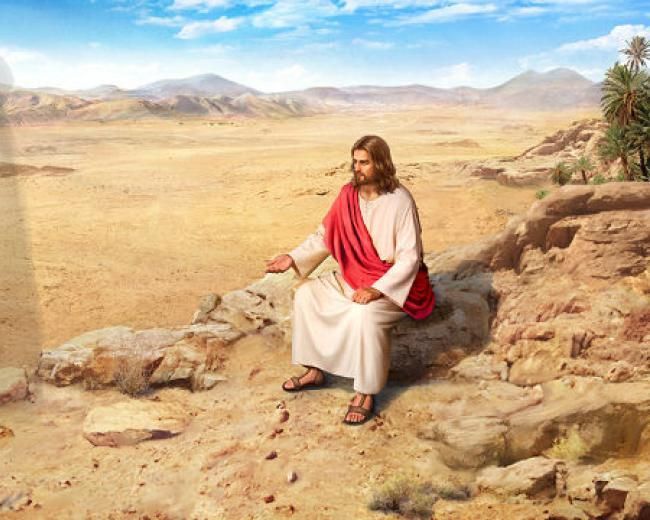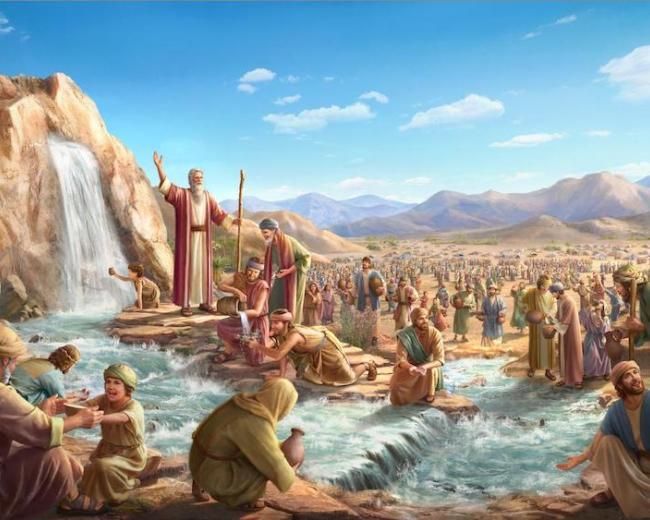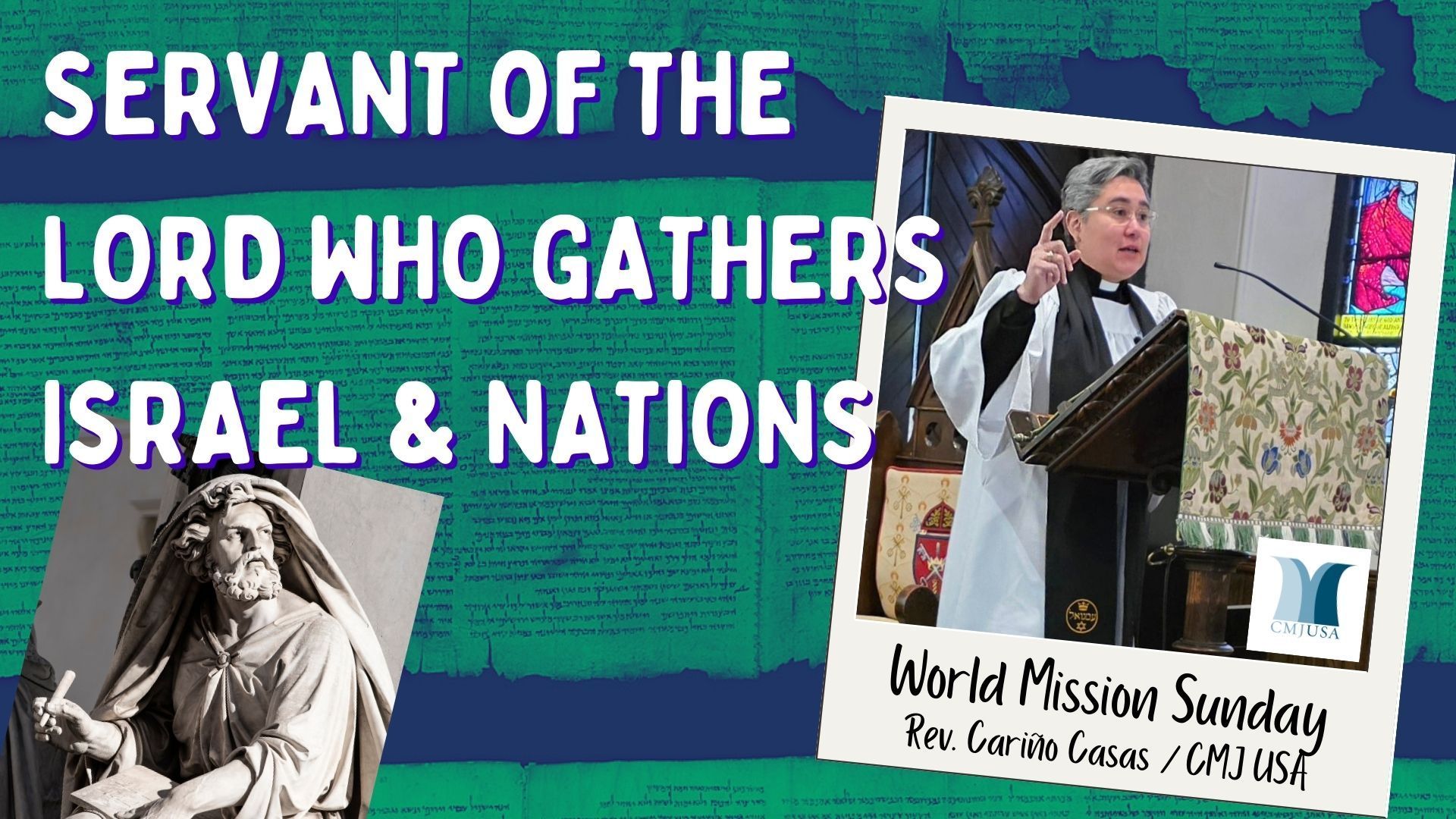Yeshua faced a similar test when, being very hungry, the devil tempted him to turn stones into bread. However, for Yeshua, the question was not his divine ability to do this miracle, but rather if he would trust the Father to provide food for him. He had been listening to the Father’s instructions since he was a child; after his baptism, the Holy Spirit had led him into the wilderness. The question in the narrative is whether he would trust the Lord in following his commands. Yeshua – being the Son of God, and God Himself – had absolute faith in God and trusted him. Hence his reply that man does not live only by bread, but by the Word that proceeds from God (Deut 8:3). The Father’s instructions would sustain him; the Father would provide for him. Where Yeshua’s community had failed in the past, he succeeded on their behalf.
Yeshua faced a similar test when, being very hungry, the devil tempted him to turn stones into bread. However, for Yeshua, the question was not his divine ability to do this miracle, but rather if he would trust the Father to provide food for him. He had been listening to the Father’s instructions since he was a child; after his baptism, the Holy Spirit had led him into the wilderness. The question in the narrative is whether he would trust the Lord in following his commands. Yeshua – being the Son of God, and God Himself – had absolute faith in God and trusted him. Hence his reply that man does not live only by bread, but by the Word that proceeds from God (Deut 8:3). The Father’s instructions would sustain him; the Father would provide for him. Where Yeshua’s community had failed in the past, he succeeded on their behalf.





